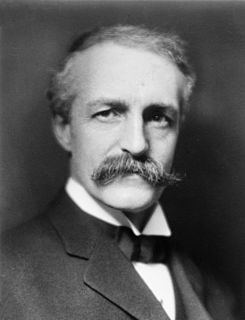A Quote by Lewis Black
When you're fund-raising for schools, then something's wrong. We seem to have lost some sort of sense of what the common good is, and if you don't have a sense of what the common good is, then at least give to what you think your specific goods are.
Related Quotes
Then, you also have that, we all have that sense of wanting to belong. We all have that road-rage, you can relate to that road-rage because you're so frustrated. The sense of frustration, the sense of getting caught, doing something wrong, all those are sort of universal emotions and you just have to make it specific to yourself and you channel this, I don't know what it is, but this inner self and then try to capture the vulnerability.
We have a common enemy. We have this in common: We have a common oppressor, a common exploiter, and a common discriminator. But once we all realize that we have this common enemy, then we unite on the basis of what we have in common. And what we have foremost in common is that enemy - the white man. He's an enemy to all of us. I know some of you all think that some of them aren't enemies. Time will tell.
Cooking creates a sense of well-being for yourself and the people you love and brings beauty and meaning to everyday life. And all it requires is common sense – the common sense to eat seasonally, to know where your food comes from, to support and buy from local farmers and producers who are good stewards of our natural resources.
Common sense is not something rigid and stationary, but is in continuous transformation, becoming enriched with scientific notions and philosophical opinions that have entered into common circulation. 'Common sense' is the folklore of philosophy and always stands midway between folklore proper (folklore as it is normally understood) and the philosophy, science, and economics of the scientists. Common sense creates the folklore of the future, a relatively rigidified phase of popular knowledge in a given time and place.
Mathematics is often erroneously referred to as the science of common sense. Actually, it may transcend common sense and go beyond either imagination or intuition. It has become a very strange and perhaps frightening subject from the ordinary point of view, but anyone who penetrates into it will find a veritable fairyland, a fairyland which is strange, but makes sense, if not common sense.
Horses in the Book of Mormon would be another. You have relatively few mentions of horses, but there are some, and we don't know exactly how they were used; they don't seem to be all that common. Were they horses as we understood them, [or] does the term describe some other animal? Languages don't always and cultures don't always classify things the way we would expect. We have what we call common-sense ways of doing it. They're not common sense; they're just ours. But again, we don't have a strong case there. We're just problem solving there.


































